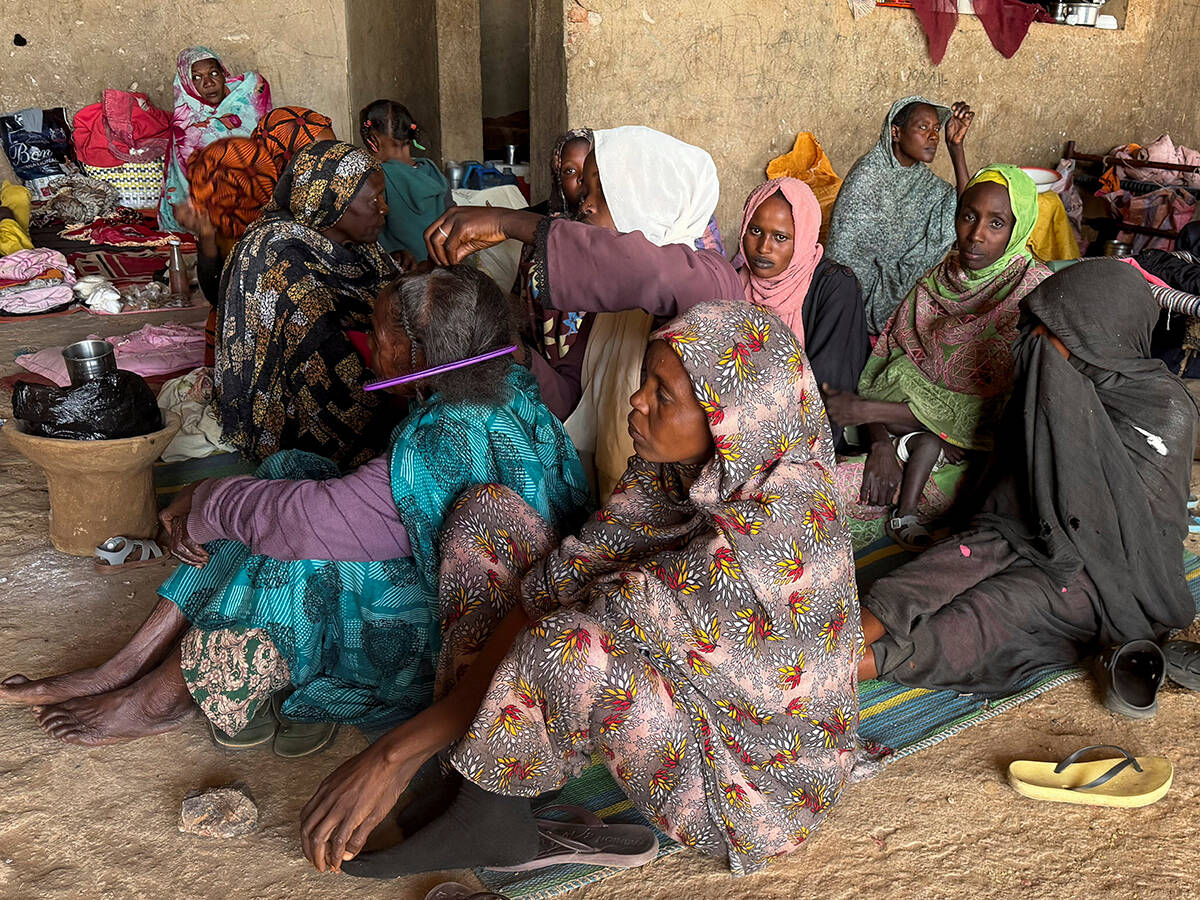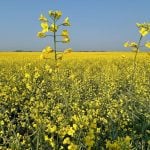The Uni ted Nat ions Development Program (UNDP) is developing an unusual cash-for-work program in Mongolia to remove the remains of millions of livestock that are scattered around the country, reduce health risks for the population while providing income for herders whose livelihoods have disappeared due to extreme weather conditions unique to this country.
A persistent snowfall blanketed the entire country, with 60 per cent covered by 20-40 centimetres. Grazing areas are out of reach for most of Mongolia’s livestock and many are malnourished. More than 2.7 million livestock have perished nationwide from the cold, and their carcasses remain in the fields. Once melting of the snow starts, this poses threats to the spread of diseases, infections and soil pollution.
Read Also

Global humanitarian aid slashed by one-third
Humanitarian aid around the world was cut by a third in 2025 and Canada is one of the culprits.
Under this program, herders will receive income to clean and bury the carcasses. The aim will be to reach 60,000 herders, with special emphasis on those with fewer than 200 animals who have been particularly adversely affected. Already one-third of the population lives below the poverty line in Mongolia, a figure that is expected to rise due to the massive livestock loss.
While Mongolians are used to frigid winter conditions, this year is particularly harsh because of a phenomenon called Dzud, which occurs when severely cold winters of below 50C are preceded by dry summers that preclude sufficient grazing. Fodder supplies have run out, resulting in the loss of the millions of livestock in a country where one-third of the population rely on herding and agriculture. The livestock affected include goats, sheep, horses, camels and cows and yaks.
FIVE MILLION TO BURY
The government has estimated that by the end of the cold season in June another three million livestock will die. For burial of more than five million animals, the Government of Mongolia requested $4 million for clearing the carcasses. UNDP has already allocated $300,000 and is working on raising further resources for this, as well as to support Mongolia’s early recovery and rehabilitation activities in the country. The national plan to remove all carcasses, will need $4 million and is part of a larger UN co-ordinated response with UNICEF, UNFPA, WHO, ILO and FAO.
“While immediate needs of food, shelter, heating and health care must be met, this approach would prevent the spread of diseases and also help herders to feed their families during the Dzud,” said Akbar Usmani, UNDP resident representative a. i. in Mongolia. “Livestock is the cornerstone of existence for so many Mongolians and many people have lost all their direct income and food source.”
Besides the immediate assistance to the first response, UNDP is supporting NEMA to develop an early recovery plan for the country. The initiative will focus on restoring livelihoods, which is the sector that is worst affected by the Dzud. Due to climate change and expanding mining activities, pastoral areas have been steadily shrinking in Mongolia, while private livestock has been on the rise. This combination is placing increasing pressure on scarce pastoral lands. Few herders have alternative skills or access to training for new skills. The Early Recovery plan will be built on the long-term solutions to improve pasture management, provide alternative livelihoods to the herders, and strengthen disaster preparedness in the country.
SLAUGHTERED BY SNOW: Carcasses of goats, which died due to the cold weather, are piled up on the snowy ground in Mongolia’s Arkhangai province on January 23. More than 2.7 million livestock have perished nationwide from the cold, and their carcasses remain in the fields.
















